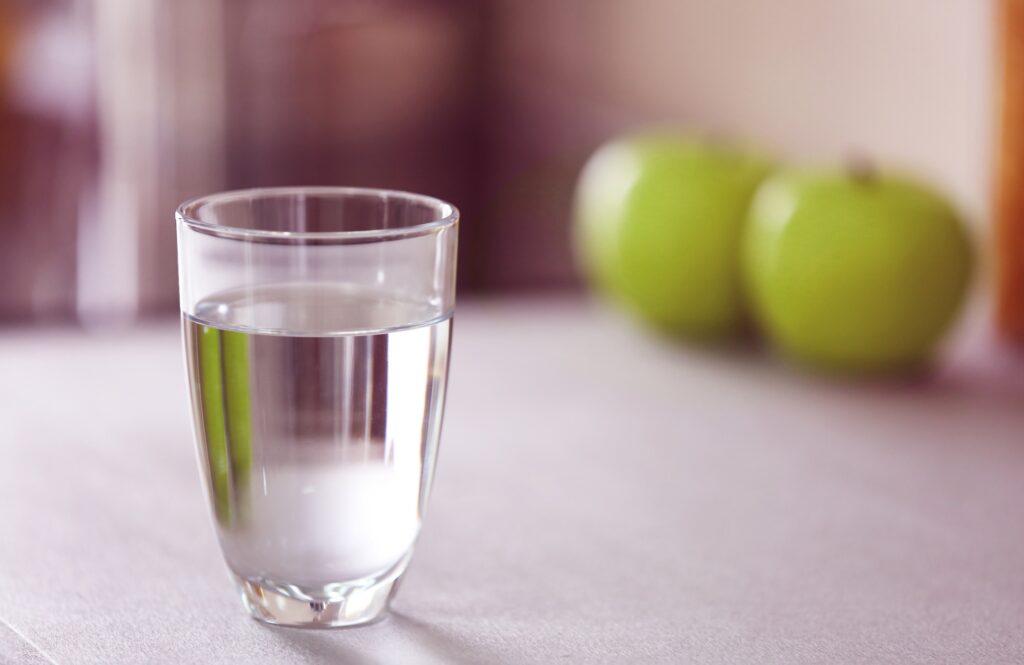You may have heard worrying news about drinking water quality. Scientists are finding antibiotics, medications, antidepressants, hormones, and toxins in drinking water. There are also pesticides, fire retardants, and other chemicals contaminating your drinking water.
To keep yourself and your household healthy, clean drinking water is vital. Luckily, you can take matters into your own hands. Installing a water filtration system removes bacteria, toxins, and parasites from your water.
Read on to find out the types of water filtration systems you can use in your home or business.
Reverse Osmosis Water Filtration
Using this system, water filters into a pressure chamber. Inside the chamber, a semi-permeable membrane blocks out solids. The membrane allows the water to pass through.
Reverse osmosis water filtration removes around 99% of solids from your water. It is easy to install in your home.
Although easy to install, it is often bulky. This system can cost a lot and filters water slowly.
UV Filters
UV filtration is a newer option on the market. This system runs UV light through your glass container full of water. It quickly kills off most parasites and bacteria.
Keep in mind that UV filtration is not as effective at removing chemicals. It also won’t work if your water is cloudy, muddy, or dirty.
Ceramic Filters
This method uses the ceramic filter’s pores to strain the feed water. A perk is that this method is inexpensive, and the ceramic lasts a long time.
It is not as effective at removing bacteria but is better for removing solids and waste from the water. Some ceramic filters will come coated in antibacterial materials. The ceramic itself is not able to kill off bacteria and parasites.
Carbon Filters
Like ceramic, carbon filters are an organic and affordable option. Carbon filtration has two methods of removing impurities from the water.
The first way is by physically filtering solids out. The carbon itself also absorbs impurities, providing a second filter.
Carbon filters are often made using sustainable materials such as nutshells. This makes it an affordable, low-impact option.
Choosing Between Types of Water Filtration Systems
Some systems take more time and energy than others. If you’re not using large amounts of water, choosing one type of water filtration will suffice.
If you’re a small family or on a budget, a refrigerated filtration pitcher may be enough. If you’re looking for more comprehensive options, you can always work with a plumber. In that case, the plumber will go to the pipe to install the filtration rather than the faucets and taps.
Observe your water consumption to choose the best water filtration system. For larger businesses, you’ll want to use commercial water treatment. Water filtration companies combine filtration methods.
By using more than one method, you’ll have ultra-pure water systems in your workplace. Your water will contain no parasites, asbestos, heavy metals, rust, and other impurities. There are water purification brands, such as Hydroviv, that improve the quality of water in showers, sinks, and refrigerator lines. It is one of the better water filter brands today, but you can check out some of the Hydroviv reviews and see for yourself.
Keep Your Water Source Clean
Unfortunately, the governmental agencies that regulate water quality are overworked and understaffed. Not only that, but bottled water is often unregulated and isn’t well filtered.
You can keep your water pure by choosing from the many types of water filtration systems. No matter your budget or water usage, there’s a way you can protect your water from contamination.
Interested in other ways to care for your health? Browse through other helpful articles in our Health Section!
